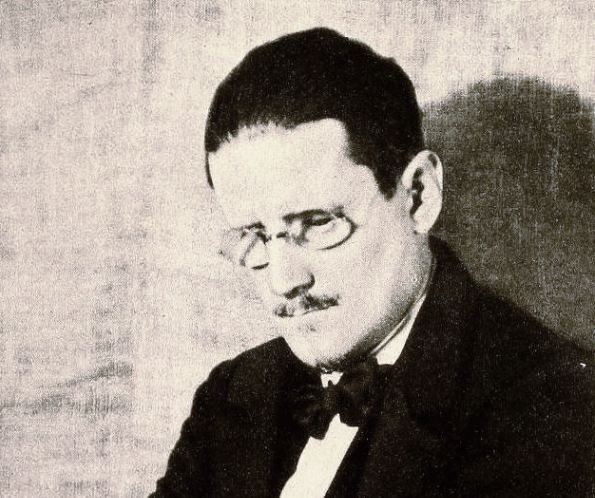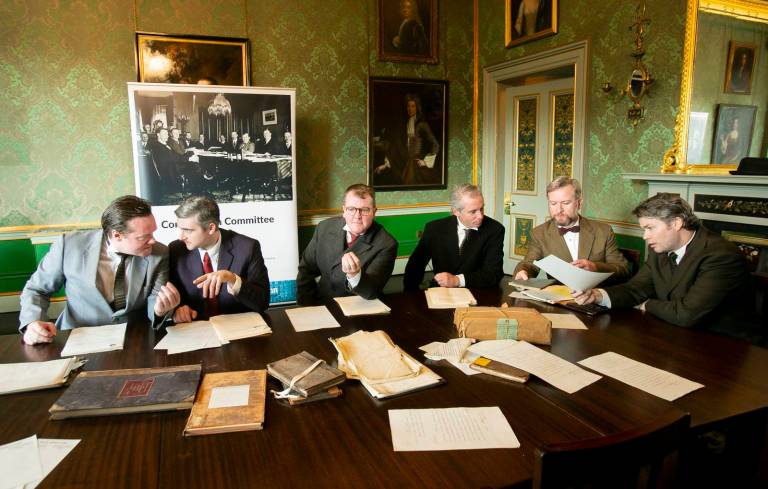The celebration was a grand affair attended by notable figures such as the Nigerian Minister for Health, Moses Adekoyejoe Majekodunmi, a graduate of Trinity College Dublin and his wife Nora Majekodunmi. Ambassador Kennedy and his wife Barbara ‘Janie’ Kennedy hosted the event which was a testament to the strong connections between the two nations. The arrival of the Governor-General of Nigeria, HE Dr Nnamdi Azikiwe, further underscored the importance of the occasion. The Governor-General, Ambassador Kennedy and his wife were photographed together, symbolising the unity and friendship between Ireland and Nigeria.
A personalised card for St Patrick’s Day, 1962 sent by Ambassador Kennedy, added a special touch to the celebrations. Some cards even included a sprig of shamrock, a symbol of Ireland and quietly advertised Aer Lingus, Ireland’s national airline. This gesture highlighted the ambassador’s efforts to promote Irish culture and business interests in Nigeria.

The report detailing the first St Patrick’s Day celebrations at the Irish embassy in Nigeria described a large reception held in Lagos where 500 guests were entertained. Many of these guests had studied in Ireland, reflecting the educational ties between the two countries. A separate reception was held earlier in the day for members of the Irish missionary community resident in Nigeria, showcasing the diverse connections between Ireland and Nigeria.
The success of the event was evident from the pride expressed in Dublin upon the report’s arrival. The different pen initials at the top of the first page including those of Minister for External Affairs Frank Aiken, indicated the widespread circulation and approval of the report. Ireland’s first official St Patrick’s Day reception on the continent of Africa was a resounding success, highlighting the country’s diplomatic achievements.

In addition to the celebrations in Lagos, Ambassador Kennedy sent a St Patrick’s Day message to Irish troops serving as part of the United Nations Operation in the Congo (ONUC). Given that the Irish embassy in Lagos was the only one in Africa at the time, Ambassador Kennedy thought it fitting to send greetings to Irish soldiers via General Seán MacEoin, Force Commander, ONUC, United Nations HQ in Leopoldville, the Congo. This gesture further emphasised the ambassador’s commitment to maintaining strong ties with Irish nationals abroad.

The St Patrick’s Day celebrations in Lagos in 1962 were more than just a festive occasion; they were a symbol of Ireland’s expanding diplomatic presence and the strengthening of international relations. These events showcased the cultural exchange and mutual respect between Ireland and Nigeria, laying the foundation for future collaborations.





